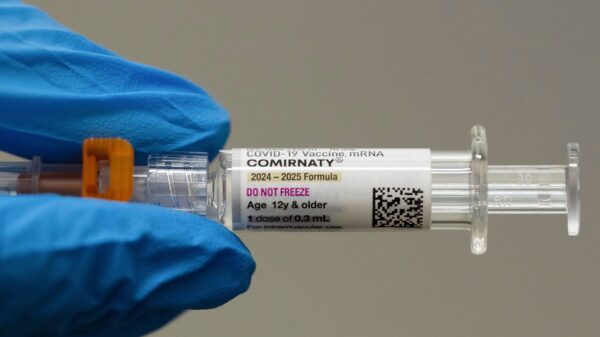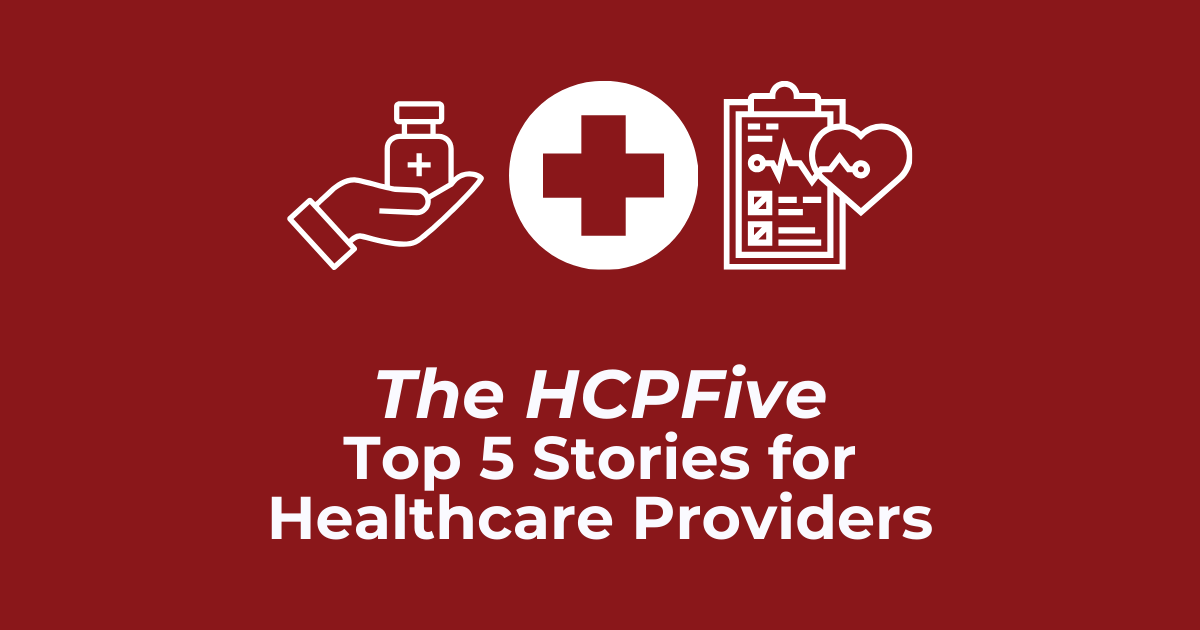Healthcare advancements continue to make headlines as significant regulatory approvals were announced in the week of October 12, 2025. The U.S. Food and Drug Administration (FDA) approved important new treatments aimed at improving patient outcomes in diabetes, ulcerative colitis, and Alzheimer’s disease.
On October 13, the FDA accepted a supplemental biologics license application (sBLA) from MannKind Corporation for the use of Afrezza (insulin human inhalation powder) in children and adolescents with type 1 or type 2 diabetes. This application is based on data from the phase 3, 26-week, open-label INHALE-1 study. Following the acceptance, the FDA has set a Prescription Drug User Fee Act (PDUFA) target action date of May 29, 2026, for a final decision.
In another significant development on the same day, the FDA approved a supplemental new drug application (sNDA) for upadacitinib (Rinvoq), manufactured by AbbVie. The update expands the indication for treating adults with moderately to severely active ulcerative colitis (UC) and Crohn’s disease (CD). The new approval allows for its use after patients have received at least one approved systemic therapy, particularly when tumor necrosis factor blockers are not advisable. Previously, upadacitinib was limited to patients who had inadequate responses or intolerances to these blockers.
Breakthroughs in Alzheimer’s and Schizophrenia Treatments
The FDA also cleared the Elecsys pTau181 test, marking a pivotal moment in Alzheimer’s diagnostics. As the first blood test designed to rule out Alzheimer-related amyloid pathology, it targets patients aged 55 and older who exhibit symptoms of Alzheimer’s disease. This test can significantly aid in the initial assessment for Alzheimer’s and other cognitive decline causes in primary care settings.
Further developments were reported on October 13, as Boehringer Ingelheim and Click Therapeutics presented phase 3 data from their investigational digital therapeutic for schizophrenia. This tool, utilized in conjunction with antipsychotic therapy, demonstrated a significant reduction in experiential negative symptoms among patients. The findings were shared at the 38th Annual European College of Neuropsychopharmacology (ECNP) Congress in Amsterdam.
On October 16, Novartis revealed promising results from the phase 3 APPLAUSE-IgAN study of iptacopan (Fabhalta) in adults with IgA nephropathy (IgAN). The oral alternative complement pathway inhibitor showed statistically significant and clinically meaningful superiority over placebo in slowing IgAN progression, as measured by the annualized total slope of estimated glomerular filtration rate (eGFR) decline over two years. Novartis intends to leverage these findings for regulatory submissions in 2026.
The week’s developments underscore the ongoing efforts to enhance treatment options across various medical fields, reflecting a commitment to advancing patient care and outcomes. The approvals not only signify progress in medical research but also provide hope for patients and healthcare providers alike in managing complex health conditions.





































































